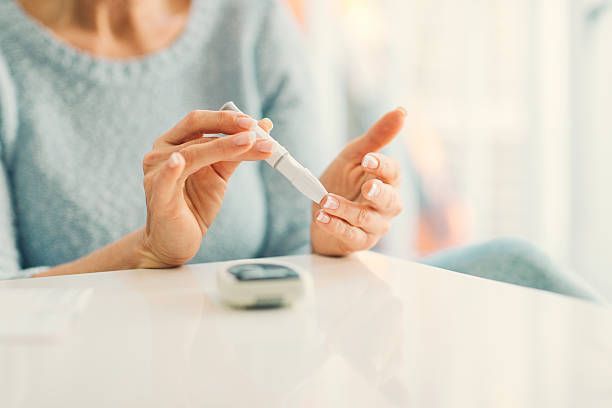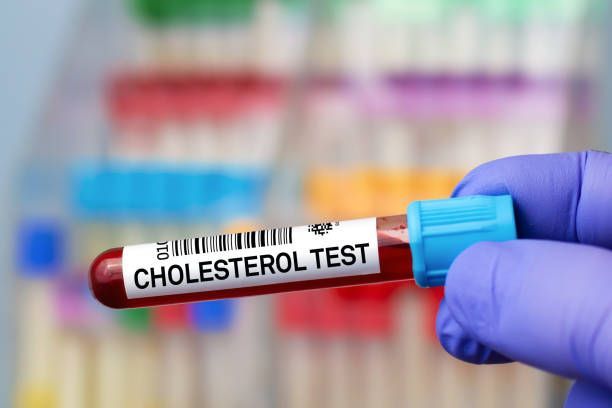How Often Should You Get a General Health Screening?
It’s easy to delay routine checkups when you’re feeling fine, but preventive screenings are crucial to identifying potential health problems before they escalate. These checkups not only help detect diseases early when they're easier to treat, but they also offer peace of mind and provide a solid foundation for long-term health.
What Is a General Health Screening?
A general health screening is a set of tests and evaluations that give an overview of your health status. Depending on your age, sex, lifestyle, and medical history, these screenings might include:
Common Components of a Health Screening:
- Vital signs check: Blood pressure, heart rate, temperature, respiratory rate
- Blood tests: Cholesterol, blood sugar (glucose), complete blood count (CBC), thyroid function
- Urinalysis: Detects issues like urinary tract infections or kidney disease
- Body measurements: Weight, BMI, waist circumference
- Physical examination: A head-to-toe exam by a healthcare provider
For older adults or individuals with risk factors, screenings may include:
- Electrocardiogram (EKG)
- Chest X-ray
- Colorectal cancer screening
- Diabetes screening
- Vision and hearing tests
How Often Should You Schedule a Screening?

How often you need a screening depends on your age, lifestyle, and any known medical conditions. Below is a general guideline to help you plan accordingly:
Age 18-39
- Blood pressure: Every 3-5 years if normal
- Cholesterol: Once every 4-6 years
- Blood glucose: Every 3 years starting at age 35 (earlier if overweight or have risk factors)
- BMI check: Annually
- STI screening: Based on risk factors and lifestyle
- Pap smear (women): Every 3 years starting at age 21
Age 40-64
- Blood pressure: Annually
- Cholesterol and glucose: Every 1-3 years
- Mammogram (women): Every 1-2 years starting at age 40
- Colorectal cancer screening: Starting at age 45, every 5-10 years depending on test
- Prostate exam (men): Based on doctor recommendation starting at 50
Age 65 and Older
- Annual checkups: A must for this age group
- Bone density test (women): Starting at 65, or earlier if at risk
- Vision and hearing tests: Annually
- Cognitive assessments: If there are memory or behavioral concerns
Signs It’s Time for an Immediate Checkup
Even if you’re not due for a scheduled screening, don’t wait if you experience symptoms such as:
- Sudden weight loss or gain
- Frequent fatigue
- Shortness of breath
- Dizziness or fainting spells
- New or persistent pain
- Frequent infections
- Skin changes
These could be signs of underlying conditions that need urgent attention.

Tips to Make the Most of Your Screening
- Bring a list of medications you currently take
- Know your family history, especially for heart disease, diabetes, or cancer
- Be honest about lifestyle habits like smoking, alcohol use, or stress levels
- Stay hydrated, especially if blood tests are planned
- Fast as instructed, particularly for glucose or cholesterol tests
Regular Screenings Save Lives
Preventive care is not just about avoiding illness, it’s about thriving. Routine screenings allow you and your provider to detect issues early and make lifestyle or treatment changes that could extend and improve your quality of life.
Whether you’re young and healthy or managing a chronic condition, don’t put off a general health screening. It’s one of the simplest but most powerful ways to invest in your well-being.
Stay Proactive About Your Well-Being
Routine screenings are powerful tools in protecting your long-term health. When health issues are caught early, you have more options to manage or even reverse them.
UrgiClinic provides urgent care for non-life-threatening cases and urgent health concerns; no appointment is necessary. Stay healthy. Stay proactive. Walk in today.













